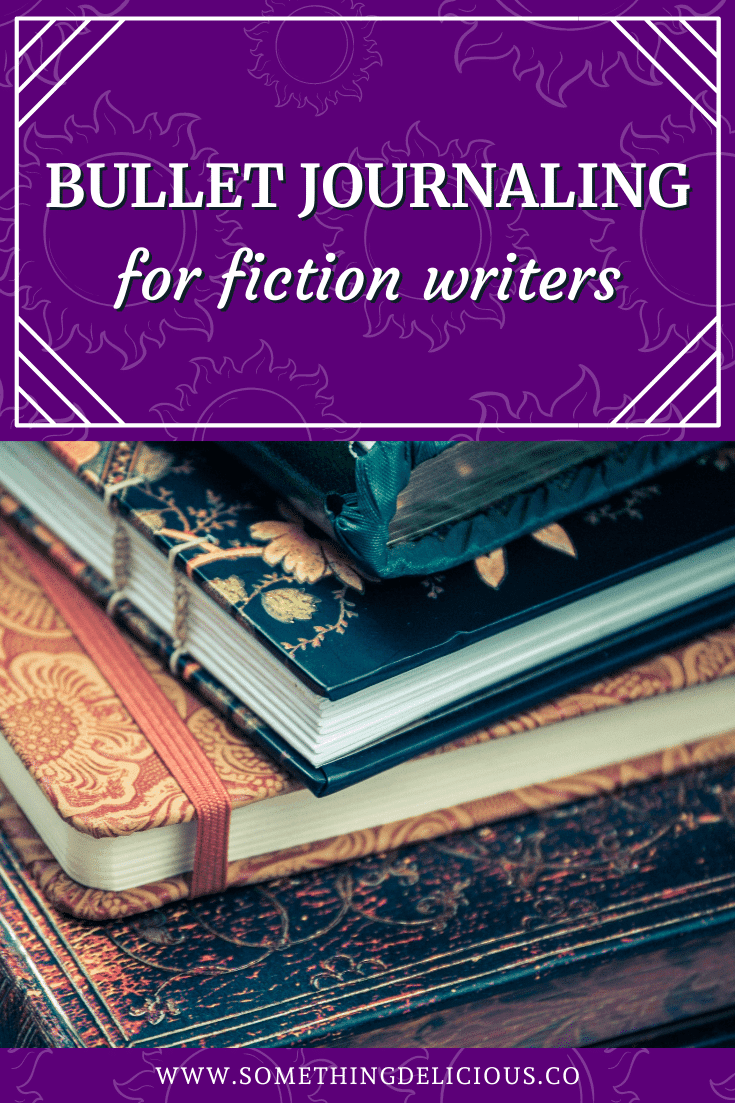How well do you know the program you use to write?
Microsoft Word has been my go-to for nearly two decades, and my love grew
tenfold when I learned how to use Styles and create a table of contents.
Knowing how to use these tools allows you to do things like:
-
use whichever font you love best for drafting a story, then change it before
sending it to your agent or a beta reader
- rearrange entire chapters or scenes
- organize reams of story research
When you're ready to follow this quick tutorial, you'll emerge on the other
side with a document that's set up to hold whatever you can throw at it, one
that can be traversed in a flash, and you can apply it in areas other than
writing, as well! You'll be creating a document from scratch here, but once
you understand each of the steps, you can apply the same principles to any
documents already on the go for your stories.
This tutorial assumes a basic knowledge level of how to use Microsoft Word.
You should know how to create a new document, the difference between "Save"
and "Save As", and be able to find your way to the various tabs and their
associated groups (e.g. the Font and Paragraph groups can be found in the Home
tab).
Nearly everything we do in this tutorial can be found in the Home tab.
I'm currently using the latest version of Microsoft Word through Microsoft
365, but this tutorial doesn't dive into any advanced features, so the steps
should be nearly identical or at least similar for many older versions of
Microsoft Word, as well.
With all that being said, let's style some text and table some contents! 😉







